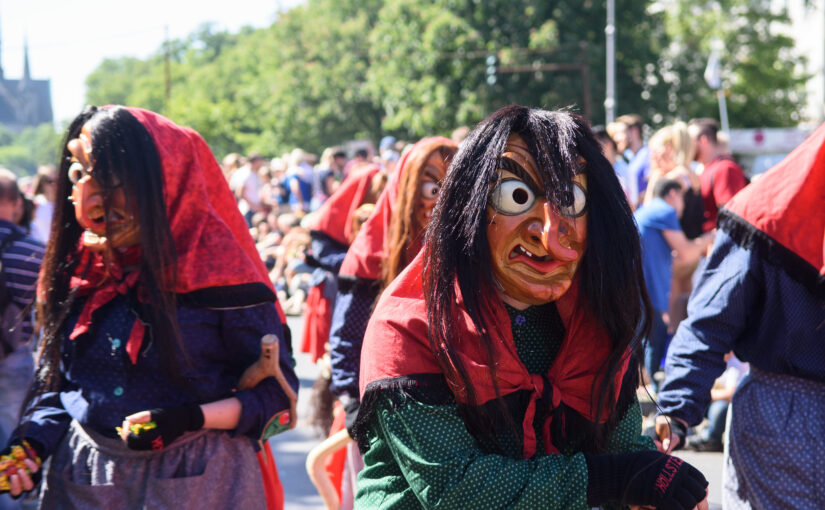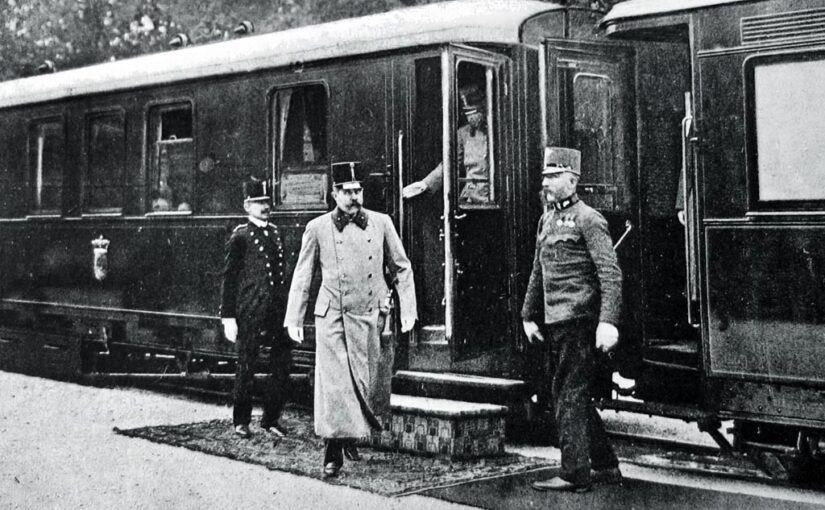«Misdirection. False signals. Spreading confusion. This is the Tao of deception.»—David Ignatius
There have been some pretty wild ideas throughout American history, some of which were dreamt up by presidents who were ahead of their time or, at times, just completely out there. Take John Quincy Adams, for example. In the early years of his presidency, Adams approved a journey to the Earth’s core (funded by taxpayers, naturally) in hopes of uncovering the mysterious worlds hidden beneath our planet’s surface. The goal? To conduct trade with the mole people living there.
Continue reading Humanity Isn’t Ready Yet: Why Colonizing Mars is Pure Science Fiction



